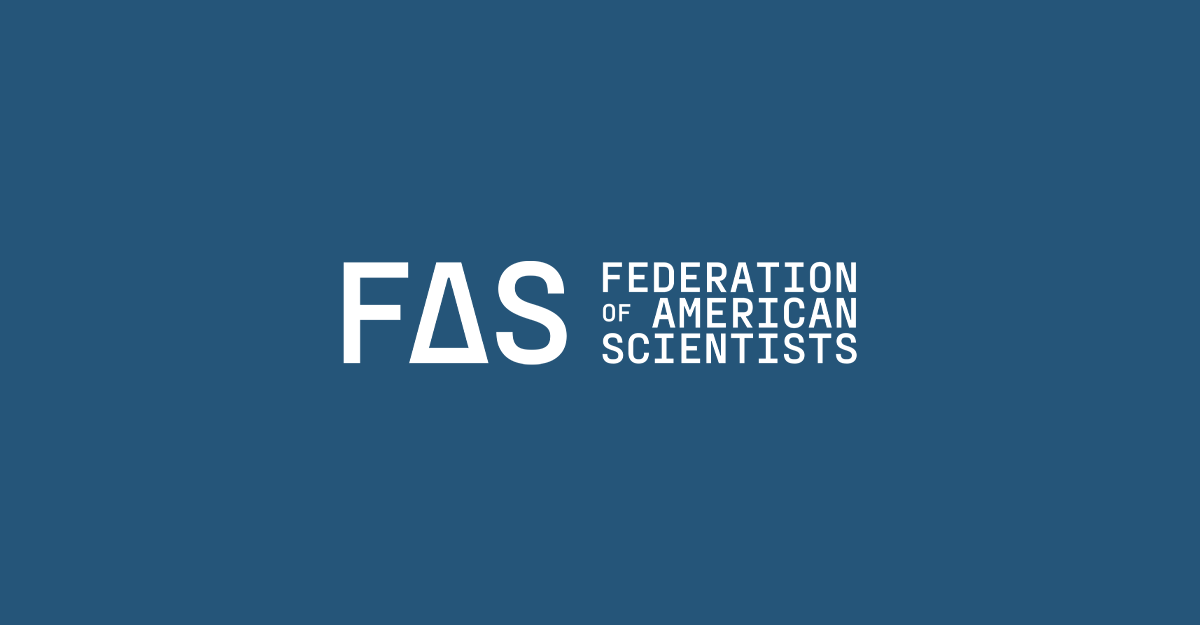


Without a robust education system that prepares our youth for future careers in key sectors, our national security and competitiveness are at risk.
The Federation of American Scientists applauds the United States for declassifying the number of nuclear warheads in its military stockpile and the number of retired and dismantled warheads.
The Federation of American Scientists (FAS) takes its role as a beacon and voice of the scientific community very seriously. We strive for a world that is both more inclusive and informed by science, and are committed to the idea that the path to that world starts by modeling it within our organization.
To understand the range of governmental priorities for the bioeconomy, we spoke with key agencies represented on the National Bioeconomy Board to collect their perspectives.